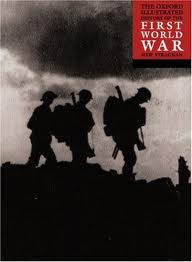Double VC holder: Surgeon Captain Arthur Martin-Leake
Surgeon Captain Arthur Martin-Leake is a two-time winner of the Victoria Cross. He is one of only three men who have won the VC twice, and two of the double winners were medical men. He won his first VC in 1902 during the Boer War in South Africa when he treated 8 wounded men in full view of the enemy and remained at his position providing them treatment despite being shot three times himself. He recieved his second award in World War I during First Ypres for continually exposing himself to enemy fire to retrieve wounded men forward of the British trenches. He survived the First World War and died in 1953. He is buried at High Cross in Hertfordshire, England.

